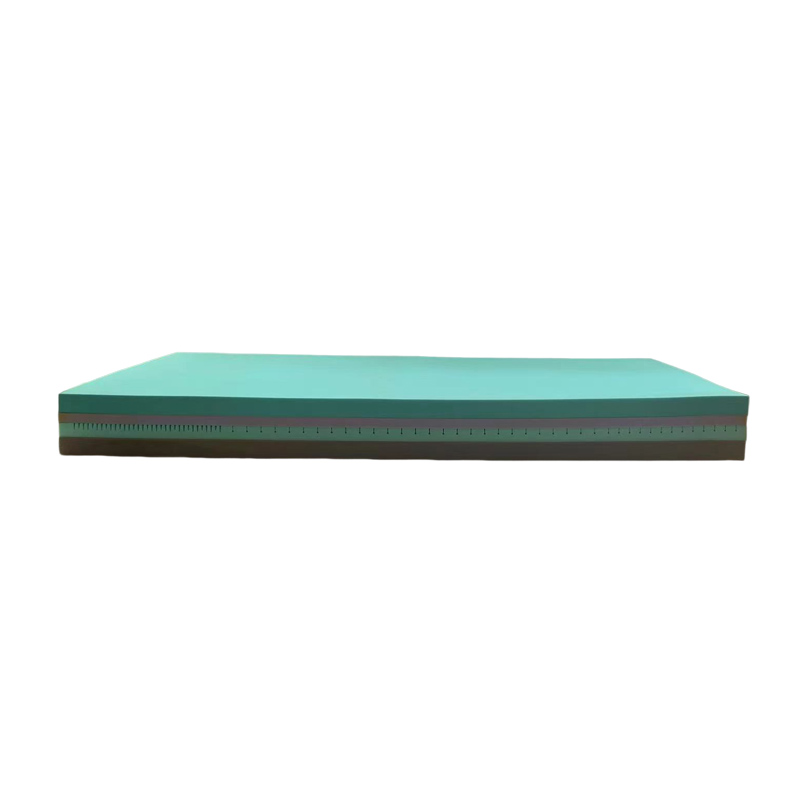buy anti-decubitus mattress
The Importance of Anti-Decubitus Mattresses A Guide to Buying the Best
Decubitus ulcers, commonly known as bedsores, are a significant concern for individuals with limited mobility, particularly the elderly and those recovering from surgery or extended illnesses. These painful sores can lead to serious complications if not properly managed. One of the most effective preventive measures is the use of an anti-decubitus mattress. In this article, we will explore the importance of these specialized mattresses and provide guidance on what to consider when purchasing one.
Understanding Anti-Decubitus Mattresses
Anti-decubitus mattresses are specifically designed to reduce pressure on the body, thereby minimizing the risk of bedsores. They are constructed using materials that distribute body weight evenly, helping to relieve pressure points commonly found in areas such as the hips, back, and heels. These mattresses come in various forms, including foam, gel, air, and hybrid designs, each offering unique benefits suited to different needs.
Types of Anti-Decubitus Mattresses
1. Foam Mattresses These are the most common type and are often made from high-density foam. They offer excellent support and are relatively affordable. While they may not provide as much airflow as other options, they are effective for patients at low to moderate risk of developing bedsores.
2. Gel Mattresses These mattresses utilize gel technology to enhance pressure relief. They conform to the body's shape, providing superior comfort and reducing heat buildup. Gel mattresses are ideal for individuals who require additional support but may also tend to overheat.
3. Air Mattresses Inflatable air mattresses are designed to change pressure points automatically or manually, ensuring that no single area remains under constant pressure. These mattresses are suitable for patients at high risk of developing bedsores, providing excellent support and adaptability.
4. Hybrid Mattresses Combining features of foam, gel, and air technologies, hybrid mattresses offer versatility and enhanced pressure relief. They are an excellent choice for those looking for a balance between comfort and support.
buy anti-decubitus mattress

Key Considerations When Buying
When purchasing an anti-decubitus mattress, several factors should be taken into account
- Risk Assessment Determine the level of risk for pressure ulcers. Consult with healthcare professionals to assess the individual’s needs, as this will influence which mattress type is most appropriate.
- Weight Capacity Ensure that the mattress can support the individual’s weight adequately. Each mattress has specifications regarding weight limits, which should be strictly followed.
- Size Compatibility Measure the bed frame to ensure the mattress fits well. The most common Bed sizes are Twin, Full, Queen, and King, but custom sizes are also available.
- Material Quality Look for mattresses made from high-quality materials that are durable and easy to clean. Breathable fabrics can help maintain a comfortable temperature, reducing perspiration and the likelihood of bacterial growth.
- Budget Anti-decubitus mattresses come at various price points. While investing in a quality mattress is essential, it’s vital to find a balance between budget constraints and the need for effective pressure relief.
Conclusion
Investing in an anti-decubitus mattress is a critical step in preventing bedsores and ensuring comfort for individuals at risk. By understanding the different types available and considering the essential factors when purchasing one, caregivers and family members can make informed decisions that enhance the quality of life for those who need it most. Prioritizing comfort and support not only helps prevent physical ailments but also promotes overall well-being during recovery or extended bed rest.
-
The Effect of Coconut Foam Mattress Breathability and Humidity Regulation on Improving Sleep QualityNewsJul.03,2025
-
How Wave Mattress Systems Improve Blood Circulation During ImmobilityNewsJul.03,2025
-
The Climate-Adaptive Sleep Revolution: Exploring the Benefits of Cooling Gel Memory Foam MattressesNewsJul.03,2025
-
Exploration of the Role of Coconut Foam Mattress in Preventing Bedsores in the ElderlyNewsJul.03,2025
-
Comparing Wave Mattress and Air Mattress: Which Is Better for Medical Use?NewsJul.03,2025
-
Analysis of Comfort and Environmental Performance of Natural Latex and Coconut Foam MattressNewsJul.03,2025
-
Multi-Layer Construction for Enhanced Performance in Gel Mattress PadNewsJun.24,2025

